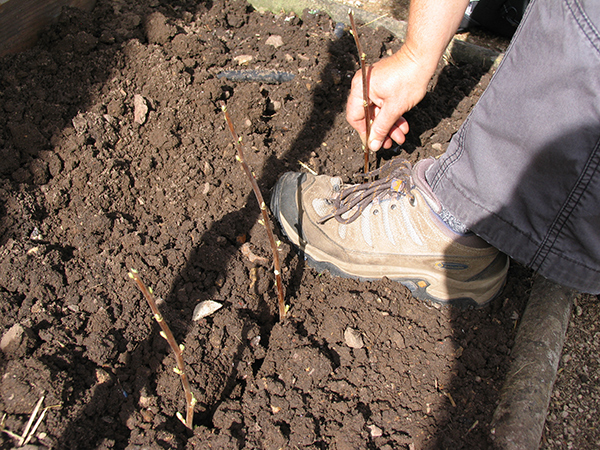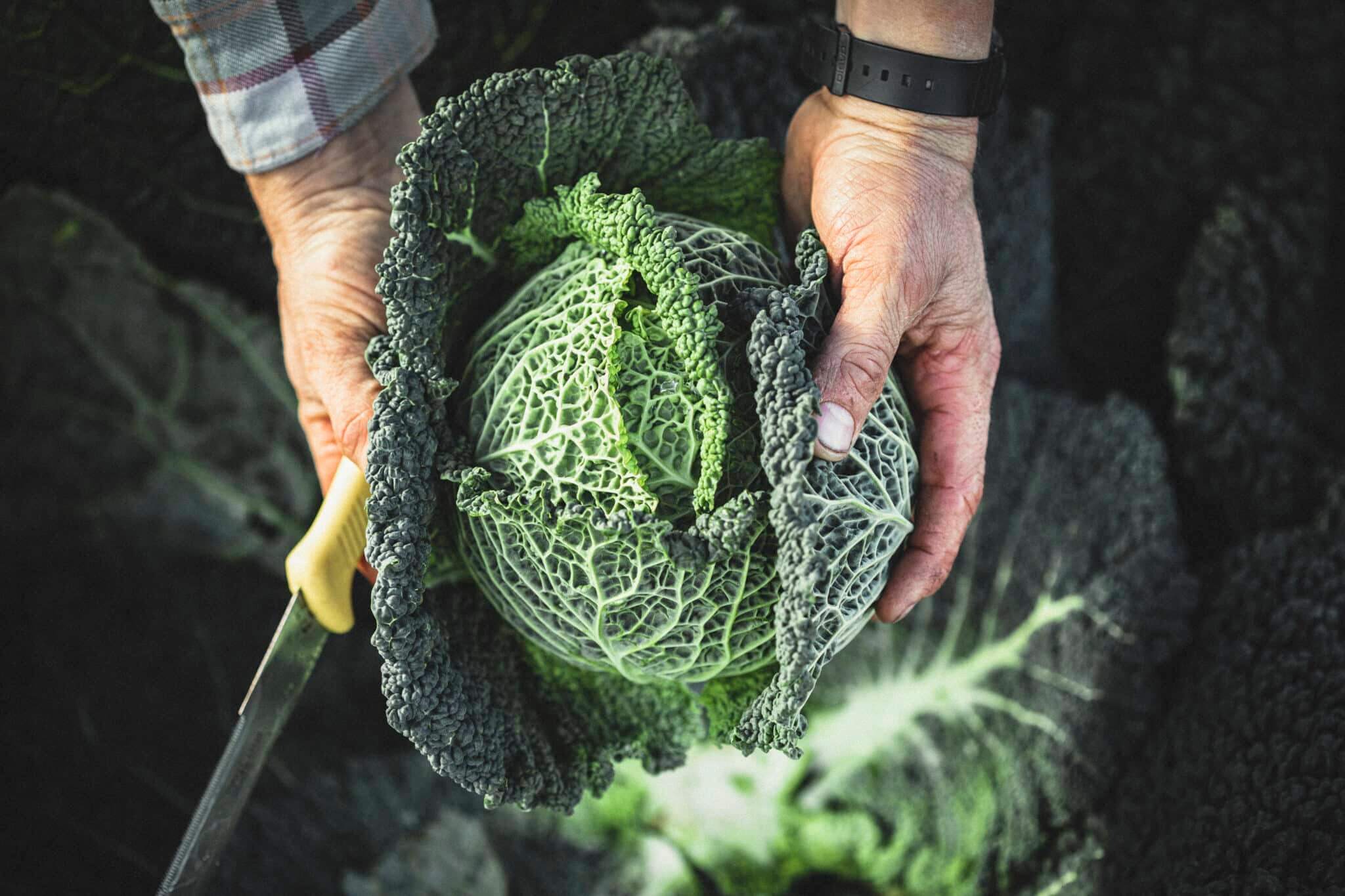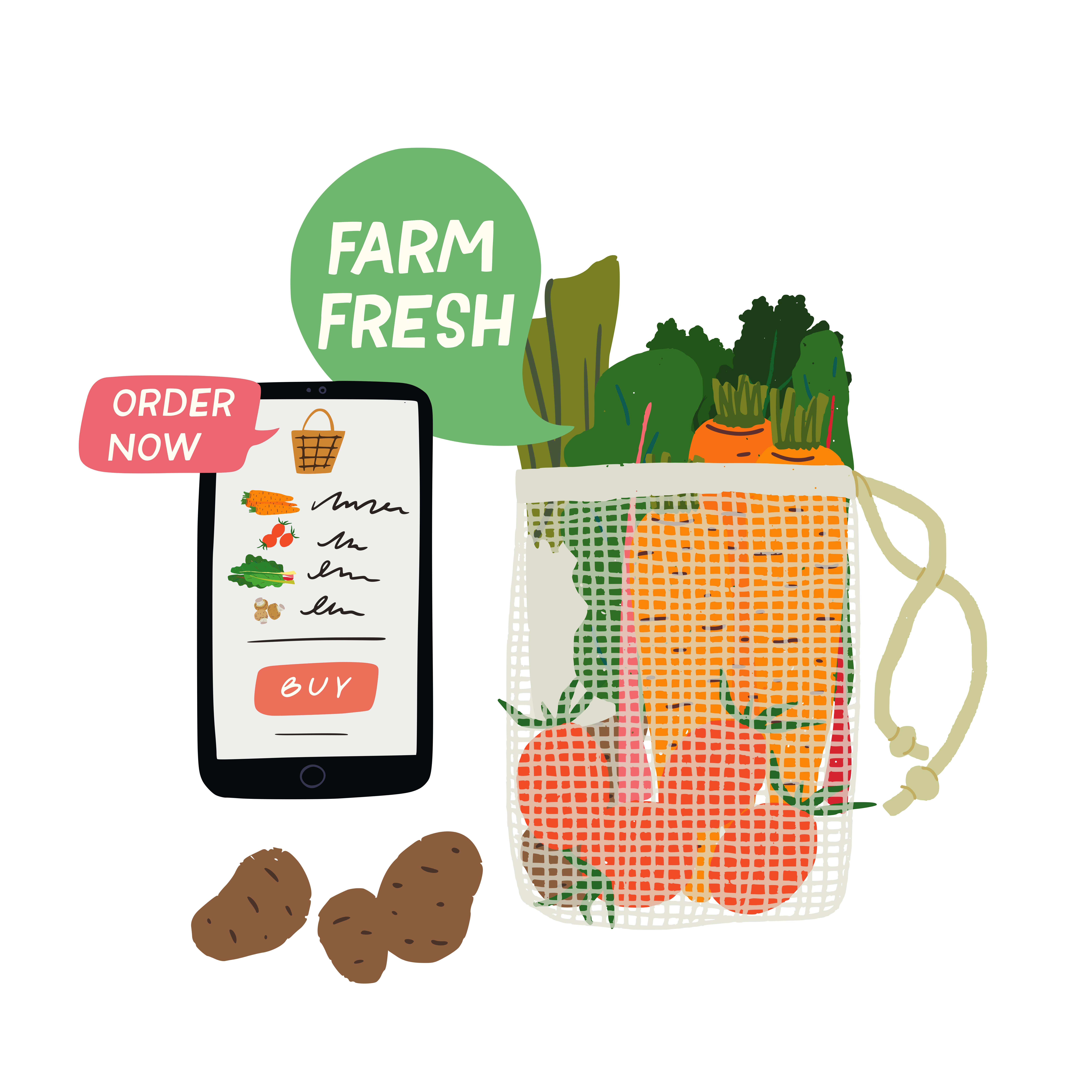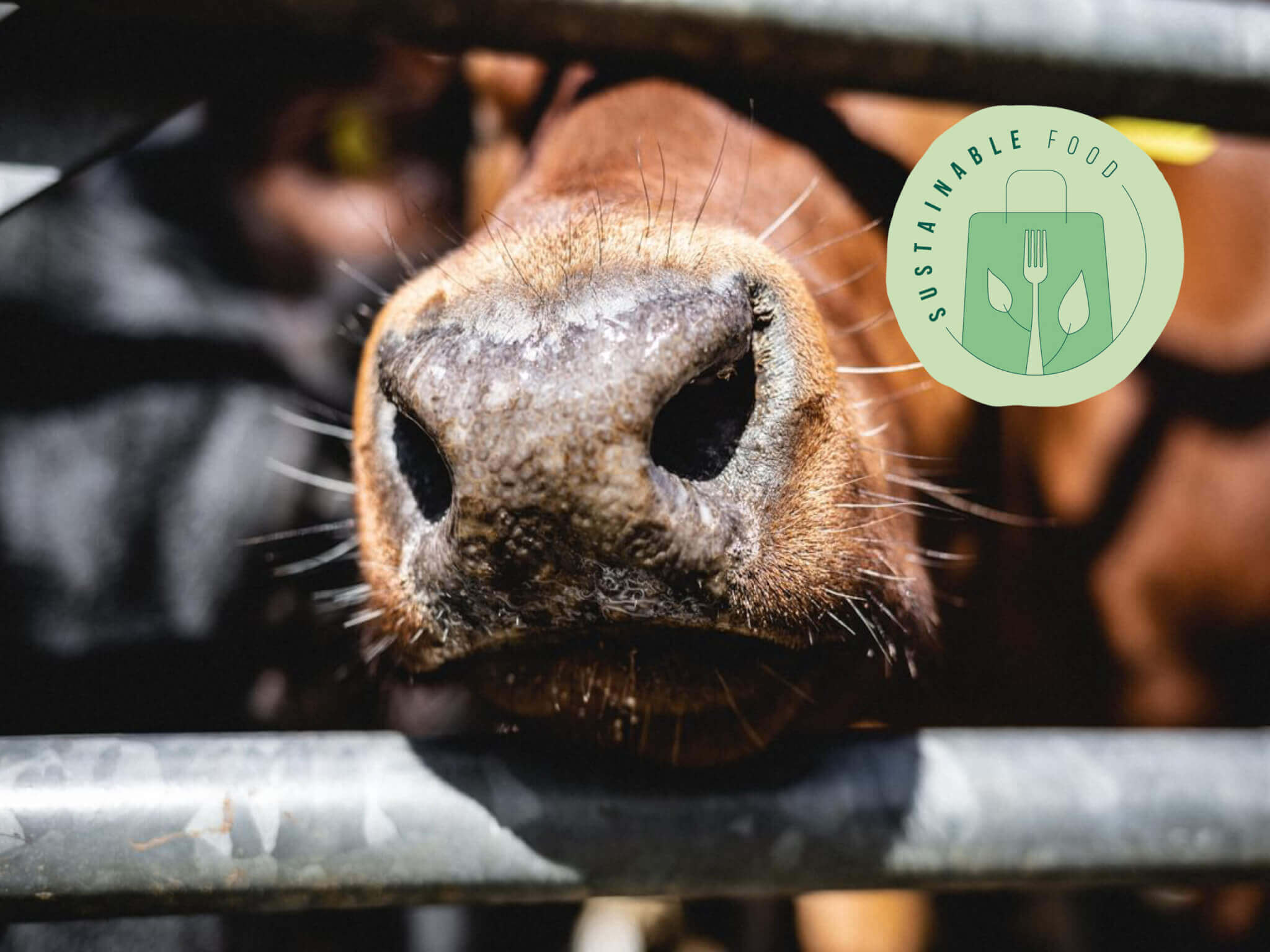This time of year you may not feel like going barefoot outdoors. But, believe it or not, that is exactly the best way to plant. Because I’m talking about plants, bare root plants. It’s okay, you can keep your wellies on…
What are bare root plants? They don’t come in pots, instead they come with roots bare of soil, ready to plant immediately. Most of them are trees, fruit bushes, roses and shrubs, dug up by the nursery grower and delivered straight to you.
And this is the perfect time to be ordering and planting them.

There are so many benefits to this way of planting. Here are just five to convince you to bypass the garden centre, and go bare rooted:
1. Buying plants online from a specialist organic grower supports their work and organic principles. You can also check that they are grown in a sustainable, peat-free way.
2. They tend to have a healthier root system than those sold in pots. Plants in pots can be months or even years old by the time you buy them from a garden centre, and many have overgrown root systems constricted by the pot.
3. The plant gets established better. Planting during autumn/winter gives the roots time to adjust to the new soil conditions, while the rest of the plant is dormant. By spring, when buds form, the roots are well established and able to bring up soil nutrients to feed the new growth.
4. Buying bare root avoids the use of plastic pots. You are reducing the amount of plastic in your growing area.
5. They’re cheaper. The plants are smaller, sometimes with only one or two year’s growth, which keeps the nursery costs down.
So if you plan to put fruit bushes in your growing area this is the time to order. Think luscious blackcurrants, gooseberries or raspberry canes. There are many organic fruit growers selling online. It’s the same with fruit trees and hedge plants – all of which will add diversity and enhance your space. Birds, insects and small mammals will welcome the food and shelter.

And here are some top tips for successful planting:
Plant immediately on arrival. If you aren’t sure where to put them, plant them in a temporary bed while you plan and prepare the final growing spot. This is called ‘heeling in’.
Make sure the soil is frost free and not water-logged. If conditions aren’t ideal, keep bare-root plants covered for a few days in a sack to prevent them drying out.
Dig a hole wide and deep enough for the roots to be covered.
Check planting instructions on how deep the stem needs to be.
After back-filling the hole, generously mulch with leafmould and other organic material. The worms will pull this down to feed the roots beneath.
Water regularly. Continue watering for the first year, especially during dry summer months.
I dare you – go bare root this winter!
The Grow Your Own Wicked Leeks series is written by Garden Organic, the national charity for organic growing. Each month we bring you timely advice on what to do in your organic patch, whether you’re an experienced grower or just starting out. Share your own tips and gardening photos on social media under #GYOWickedLeeks.













It’s worth growing soft fruit, especially blackcurrants, in large pots. Keep them well fed with organic fertilizer of some sort and they will reward you well. Stick canes around the edge of a redcurrant in a pot and train it into an urn shape. Choose a nice dessert gooseberry; there are many to choose from..If you choose standard bushes, you can plant something else edible round the stem.